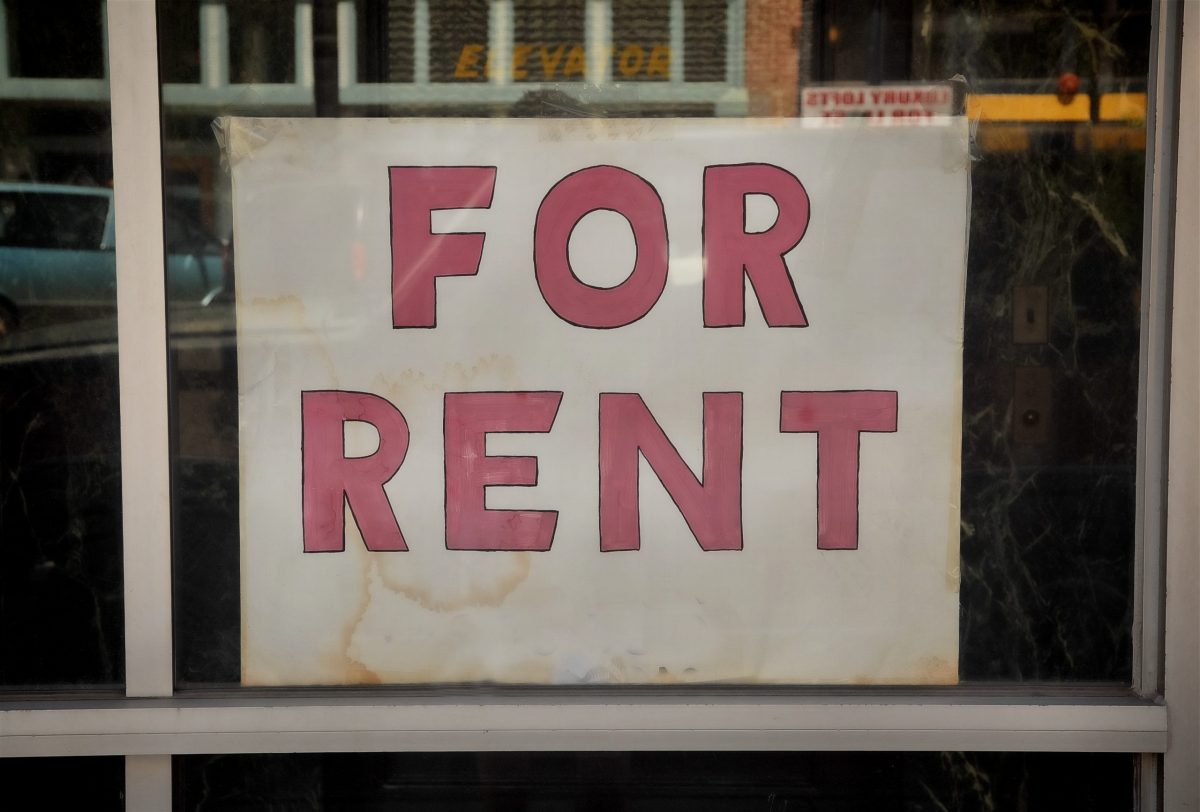Multiple entities have joined together to file an official complaint against a tenant screening software for its alleged treatment of potential renters in Memphis.
The National Fair Housing Alliance (NFHA), the Fair Housing Rights Center in Southeastern Pennsylvania (FHRC), and the Housing Equality Center of Pennsylvania (HECP) filed a complaint on behalf of residents in both Memphis and Pennsylvania against Tenant Turner Inc.
Tenant Turner is a “web lead management and tenant screening software” which displays listings and can be used by management to screen potential residents.
“[The] complaint alleges that Tenant Turner discriminates based on race by facilitating landlords to generate listings on its website that display a refusal to rent to people who use Housing Choice Vouchers (HCV) and designing an algorithm that prohibits voucher holders from scheduling a viewing of rental units that display that refusal in cities of Memphis, TN, and Philadelphia, PA,” the organizations said in a statement.
HCVs provide low-income citizens with affordable housing options, are provided by the federal government, and are available through places like the Memphis Housing Authority (MHA).
“There is an enormous shortage of decent, affordable rental properties in Memphis and Shelby County,” MHA said in a statement. “Adding your property to the HCV program is one of the easiest ways to ensure you have a tenant paying rent — and part of the rent comes from MHA.”
According to the complaint, Tenant Turner allows landlords to choose whether they want to rent to people using HCV vouchers, even if the city has policies in place that prohibit discrimination on this basis.
“Through over 40 tests of Tenant Turner’s pre-screening survey that sets up showings of rental units on listing that display housing choice voucher restrictions, NFHA, FHRC, and HECP found that testers with housing vouchers were unable to schedule a viewing of the rental unit,” the organizations said.
They went on to say that research showed more than 4,005 listings were found with these restrictions, even though both Memphis and Philadelphia have “source of income protections.”
Information provided by the housing authorities show that both cities are “over-represented in the households participating in the HCV program.” In Memphis, 96 percent of households receiving these vouchers are Black, with only one percent of renters being white. They added that 69 percent of renters in the city are Black, and 20.6 percent are white.
“Rising rents are putting housing out of reach for millions, particularly people of color, persons living with disabilities, low- and moderate-income families, veterans, and frontline workers who have been hardest-hit by the ongoing Covid-19 health and economic crisis,” Lisa Rice, NFHA’s president and CEO, said in a statement. “More protections are needed for renters who rely on housing vouchers, and everyone, including government, must utilize their powers to prevent the unfair practice of discrimination against those who use the vital HCV program.”
Tenant Turner has not responded to a request for comment.

